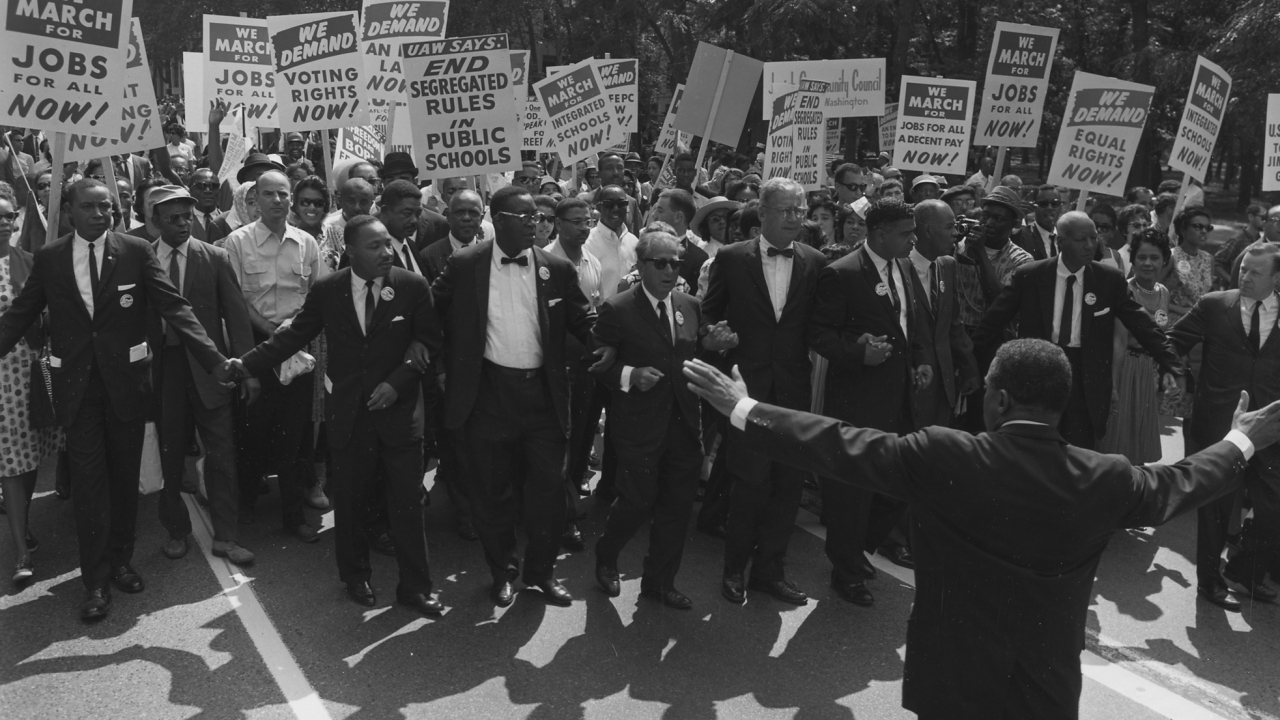change
-
KM in project-based & temporary organisations

KM in project-based & temporary organisations: Part 8 – An agile approach to program management
Insights into the application of agile methods to program management (as opposed to project management).
-
Brain power

Diverse teams help organizations adapt to change
New research suggests that diverse teams are more likely to make successful pivots than their more homogeneous peers.
-
Book reviews and releases

Book release – Dare to Un-Lead: The Art of Relational Leadership in a Fragmented World
Transforming leadership to one that is based on empowering people to lead together through the concepts of liberty, equality and…
-
Because You Need to Know

Because You Need to Know – A guest post by Andrew Trickett
Are conversations still possible on social networks? In one of the communities I am a member of, I had the…
-
Brain power

How to better deal with uncertainty
Four groups of tools and approaches for dealing with uncertainty, which is often central to change and innovation.
-
Brain power

New research highlights how quickly our brains update
We don't actually see the world in real time, leading to “change blindness” - our difficulty noticing subtle changes over…
-
ABCs of KM

How wolves change processes: Understanding second and third order effects in knowledge management
As a knowledge manager changes a process, the additional effects from changing the process must be realized.
-
Brain power

How to be an internal business consultant
The vast majority of full-time knowledge management (KM) work can be described in terms of the functions of an internal…
-
2020’s top 100 journal articles

Agenda Seeding: How 1960s Black Protests Moved Elites, Public Opinion and Voting [Top 100 research & commentary of 2020]
While minority group activism can overcome the resistance to change of the majority, aggressive or confrontational activism can produce the…
-
Brain power

Cutting down on bureaucracy and unleashing our human spirit at work
For too long, large organizations have ignored the human costs of bureaucracy, perhaps assuming they were unavoidable.

